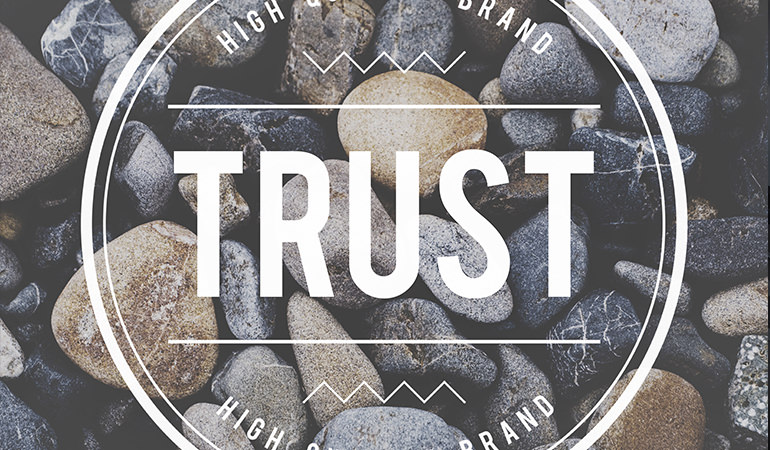How will you choose the best coaching supervisor for you? Who might stand out from the crowd for you? How will you know for sure that you have found that person? Here are some ideas that may help you make this crucial decision.

What makes a great coaching supervisor?
Because coaching supervisors operate in a landscape of complex conversations, the best of all are completely fluent in negotiating often extremely subtle influences in your dialogue, whether they’re conscious or unconscious. That means having top class relational skills, the ability to accommodate and adapt to the specific learning needs of the coach they’re supervising.
Qualifications are important of course and these are an indication of their good standing in the executive coaching supervision world. However, the supervisor’s experience is also a vital factor. After all, there’s no way that an executive coach can survive the notoriously choppy waters of the coaching world for very long unless they are very good at what they do. A strong background in executive coaching, a depth of experience is a must for a coaching supervisor. They need a strong blend of theoretical and practical understanding of the executive coaching arena to be effective.
You will probably also want a coaching supervisor who isn’t phased by anything, someone to whom you can express your deepest concerns and issues and still feel safe. You also need someone who genuinely understands the way great leadership works, as well as having the right level of insight into the sometimes murky and opaque workings of the business world. They need to understand what it takes to run a small coaching practice and the different challenges for an ‘in-house’ coach operating within an organisation. Whatever your situation, your potential coaching supervisor needs to understand the issues that you face as an executive coach. How it is for you – in your particular context.
The best supervisors stay up to date with new developments in their field as a matter of course, keeping their hand in and carrying out regular executive coaching themselves, ensuring that their feet are well and truly on the ground. They’ll have a natural growth mindset, and ideally they’ll be someone who comes highly recommended by your fellow coaches.

Coaching supervision is extremely personal, so it’s important to find a supervisor you can trust to keep your conversations private, a person who is highly competent and completely confidential and trustworthy. Otherwise, you won’t feel safe revealing your work, won’t be able to really talk through tricky or exposing issues. You might even feel the need to hide things from your supervisor, which completely defeats the object.
Getting a ‘non-shame supervisor’ is therefore essential. As highly experienced coaching supervisors, we know that building trust is foundational. Because supervision inevitably exposes your vulnerabilities – and we all have them – the best supervisors are those who are trained to challenge a coach without threatening their ongoing development or stifling learning.
How to choose a coaching supervisor
Your ideal coaching supervisor should be able to tick the basics we’ve mentioned: they will build relationships easily, are in touch with new developments and know how corporate life and organisational systems work.

They will also have a really good level of psychological understanding and know enough about how to adapt different learning styles to tailor their own style to your own. In a nutshell, you want a supervisor who will:
- Create a safe, confidential space to work in
- Reflect on good practice means for you in your context
- Emphasise being present in the moment during the supervision
- Help you access your own awareness and resourcefulness
- Identify shifts in that awareness and encourage different forms of it
- Challenge you, exploring your blind spots or stuck patterns
- Support you in resolving dilemmas and move your thinking on
- Deal with complexity, commercial and systemic issues
- Encourage ethical accountability and clear contracting
- Ensure self-care and your continuous well-being
- Help you enhance the quality of your coaching work and keep learning
- Encourage you to take responsibility for your professional development
In practical terms that means someone with plenty of experience not only as an executive coach but as a coaching supervisor too. They should be able to demonstrate the very highest ethical and professional standards, knowing that their own work is regularly professionally supervised. They will have a code of ethics that they abide by and if they have a specific approach to supervision, it needs to be clearly explained to you.
How much supervision do you need?
Everybody is different, of course. But we recommend that, if you are coaching a small number of clients, at least one supervision session per quarter is what’s needed. It will help to keep you feeling positive, help you resolve any issues that arise with your own coaching style or methods, or work more effectively with specific clients. If you are coaching more clients, then a regular supervision session every six – eight weeks is recommended. It may also be useful to set up an additional flexible arrangement. One in which you can request an extra supervision conversation should you need it. In this way you take care of your professional coaching practice and development, along with your personal well being.
If you’d like to talk through all the benefits that the Listening Partnership can bring to your coaching practice, we’d be delighted to discuss supervision sessions with you.
About us
We are a team of highly experienced executive coaches, focused on developing leaders working in high-stakes environments across diverse sectors. We create space for leaders to step back, think clearly, and navigate complexity with confidence and renewed purpose. Our narrative-based approach blends deep listening, incisive questioning and rigorous thinking with a strong commercial focus.
“Our Knowledge Centre is designed to resource leadership practice and development. The articles we share on this site are intended to spark fresh thinking, offer practical tools, and support continuous professional growth.”
Jude Elliman
Founder
Our approach
We work with leaders to build their leadership brand and impact. Our approach includes:
✔ Challenge and support: creating time and space for rigorous thinking and problem-solving
✔ Narrative coaching: defining and refining the stories that shape leaders and organisations
✔ Commercial focus: cutting through complexity for strategies that inspire change and drive results
We help leaders make crucial decisions, align teams for greater effectiveness, and envision new possibilities for the future.
